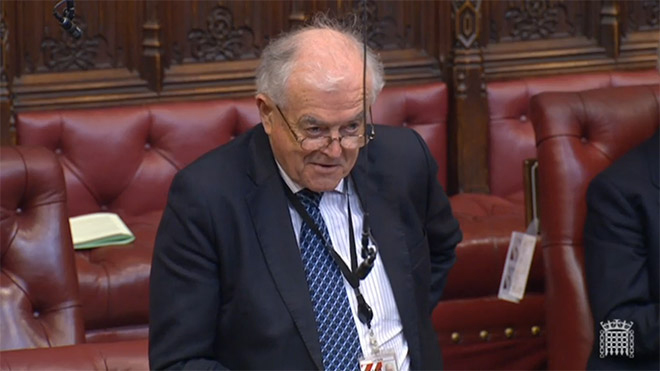The Trade Union Act became law on the 4th of May 2016 and many of the implemented measures came in to full force more recently. The original bill was the subject of a long running TUC campaign that put the rights of trade unions and their members firmly in the spotlight.
As soon as the bill was proposed, unions joined together to campaign against many of the proposals and, while defeat of the act was not possible, the Government did make several concessions in response to nationwide campaigning.
One particular concession was an independent review on e-voting in industrial action ballots. The issue of electronic balloting had become a standout concern for many unions as the Trade Union Act established new thresholds for industrial action and still maintains a requirement for such ballots to be returned by post.
The concept of electronic balloting is a subject BALPA has been actively supporting for a number of years, with our continued position being that any balloting restriction can present obvious difficulties and potential barriers for remote workforces, such as pilots, to be involved in the democratic processes of their union.
Together with the TUC, BALPA has been at the forefront of the campaign to secure e-balloting for industrial action ballots and statutory elections. BALPA’s own Parliamentary Advisor Lord Balfe even questioned the Trade Union Bill at various stages in the House of Lords and called in to question the Government’s rather entrenched position:


“If the Government wishes for unions to ballot members more often, and to shorten timeframes for industrial action, then unions should be allowed to operate in the most efficient way possible.
“The continued prohibition of electronic balloting for statutory ballots supports the view that the purpose of these reforms is to impede trade unions rather than encourage democracy as claimed.”
The current primary legislation expressly states that ballots for industrial action and for the election of certain positions, such as BALPA’s National Executive Council, President and General Secretary, are to be undertaken by postal ballot.
Statutory ballots will continue to be overseen by an independent scrutineer to assure that we comply with the law. The law requires that statutory union elections and ballots must be supervised by an independent scrutineer, appointed by the union, and this provides reassurance to all concerned that the ballot is conducted secretly, fairly and securely. We do not propose to change the well-practiced concept of conducting secret ballots; it is just the means of conducting the ballots that require modernisation.
For a number of years BALPA has progressively moved towards e-balloting for all non-statutory ballots recognising that information technology has now moved on exponentially to allow for ballots to be undertaken safely and securely by electronic means. We now regularly conduct non-statutory ballots via electronic means on many member issues, including pay and company council elections. These have been conducted securely and successfully for a number of years within BALPA and still face the same level of scrutiny and review.
Thankfully, in November 2016 the government finally announced details of its independent review, with the Department for Business, Energy & Industrial Strategy calling for evidence in March this year.
The government has stated it is concerned about potential risks and needs to understand that these can be overcome to allow statutory ballots to be decided by electronic means. The findings of the review will enable the Secretary of State for Business, Energy & Industrial Strategy to make a properly informed and transparent decision to assure that safe and secure balloting for industrial action and other statutory elections can be achieved via electronic processes.
We believe our experience of e-balloting is invaluable to assist the government with its independent review and will be working closely with the TUC to advance our support for modern methods of participating in all ballots.
BALPA is a pilot-led association and allowing members to actively take part in its democratic decisions is a cornerstone belief. Any barrier aimed at preventing pilots, as a global workforce, in taking part in industrial decisions is a threat to the future of our industry and our association. The issue of electronic balloting is one which we will see through to the finish.
If any member has any comments on the review please forward them to John Stembridge-King, Head of Organisation (johnstembridge-king@balpa.org) who will be at the next roundtable meetings with Government officials in April and May.